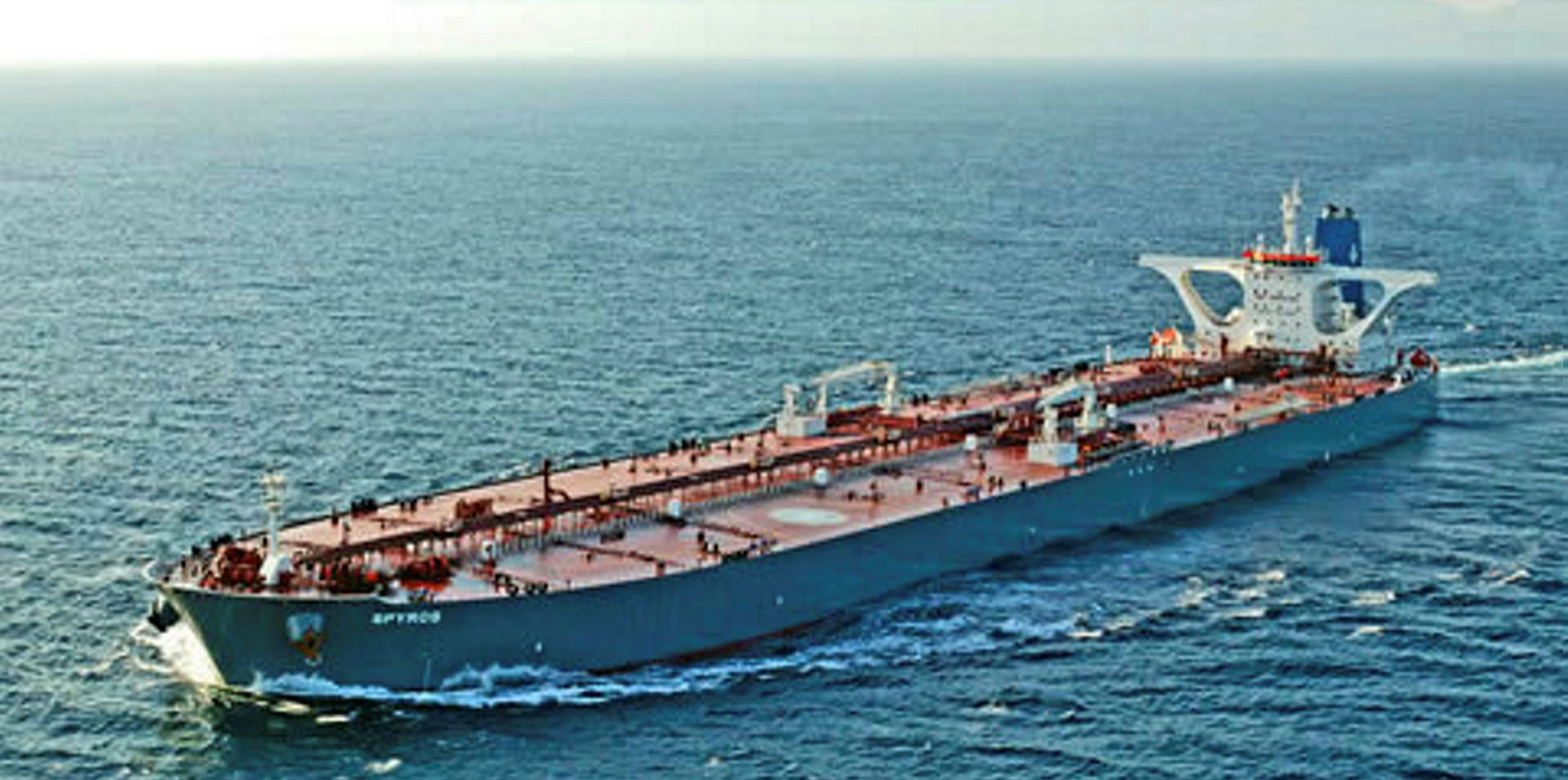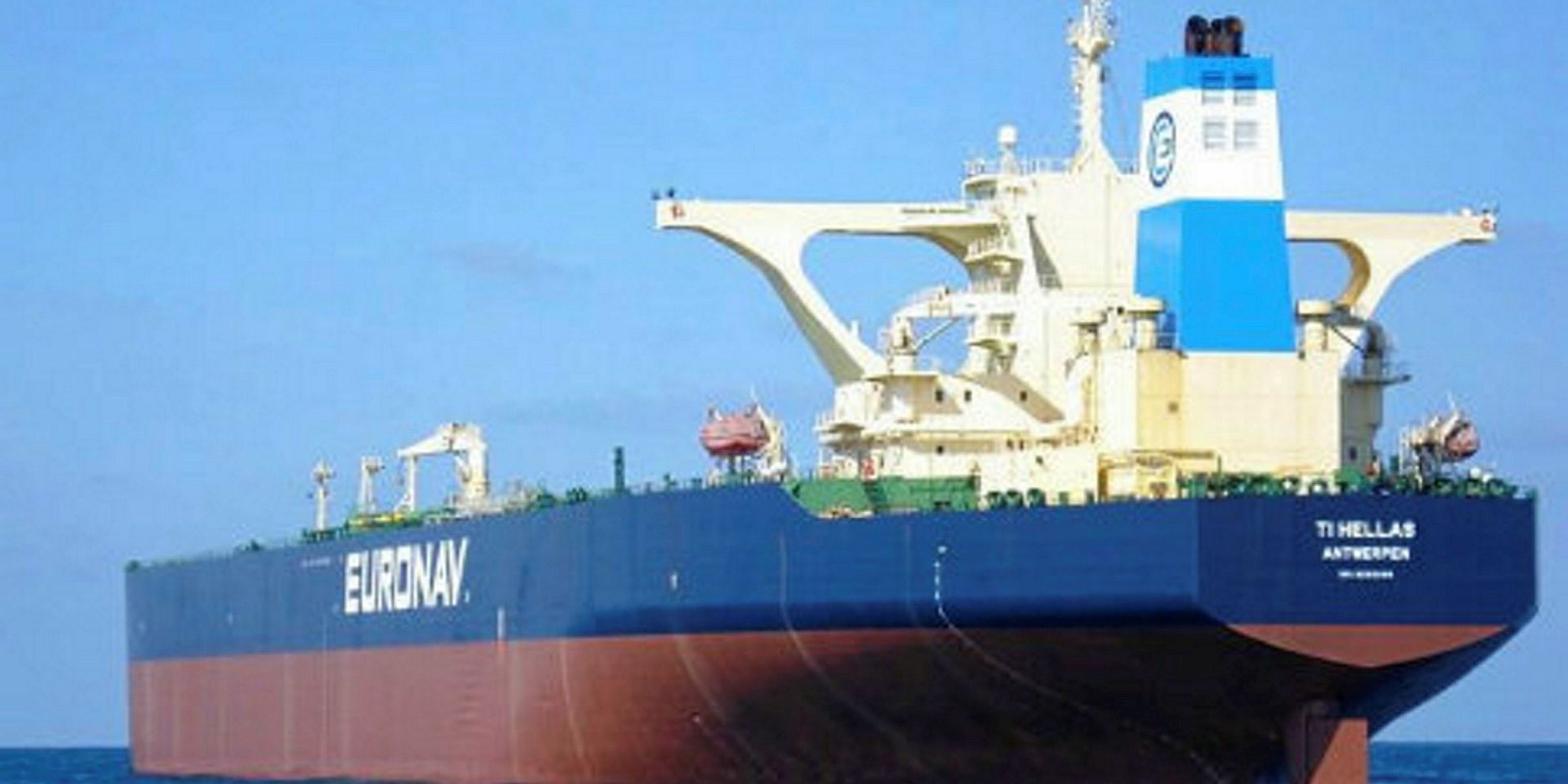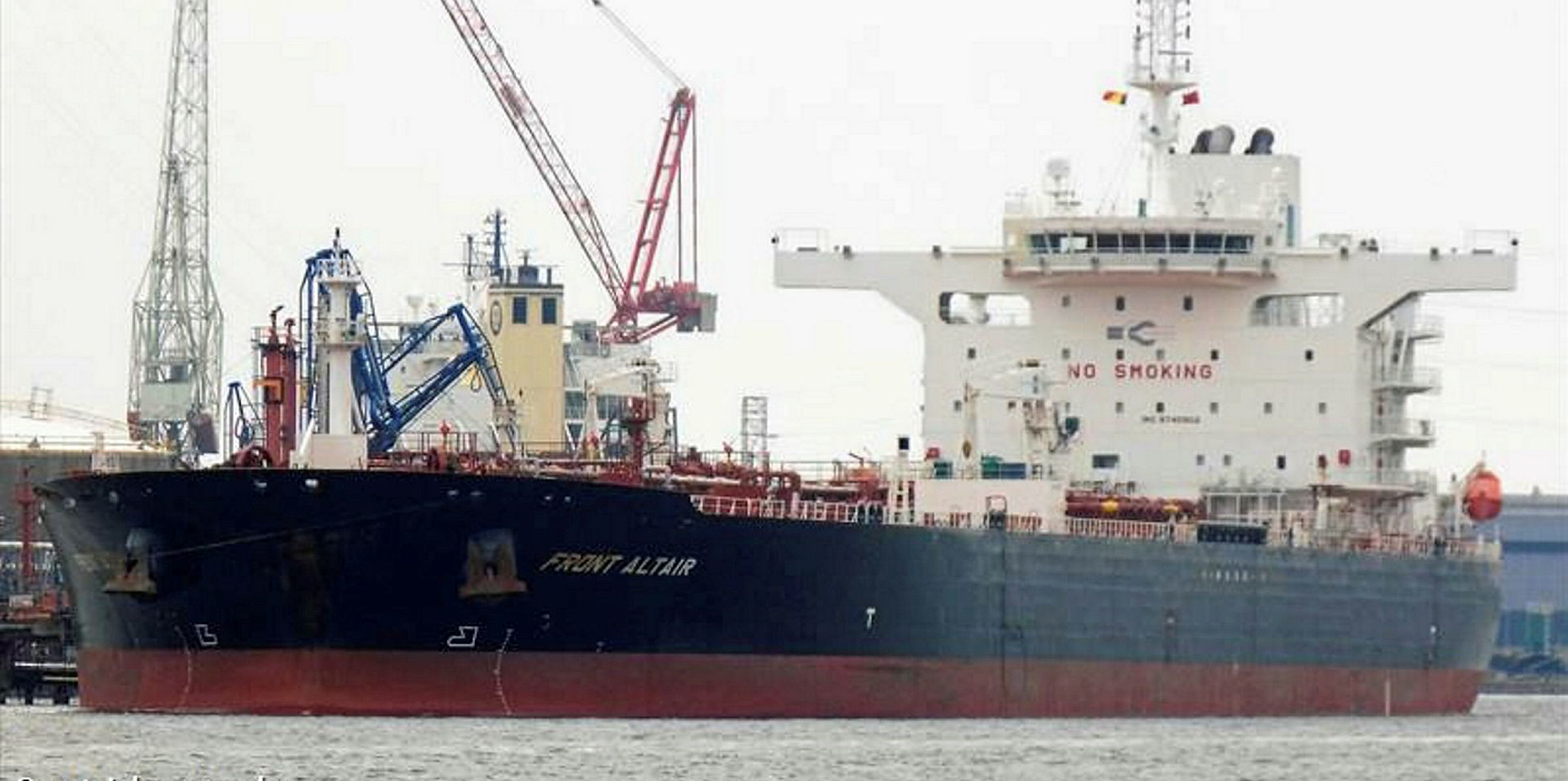Spot VLCC rates are surging on tight vessel supply even as the largest oil supply cut in history approaches coming into force in May.
While Opec, Russia and nine other producers will reduce output by 9.7m barrels per day (bpd) in May and June, preliminary fixtures showed Chinese charterers had to pay high charter rates to secure tonnage.
Tankers International data shows Day Harvest put Aeolos Management’s 298,500-dwt Syfnos (built 2006) on subjects for a voyage charter from the Middle East Gulf (MEG) to China at Worldscale 195, with a loading date between 7 and 8 May.
Unipec chartered the 300,300-dwt New Tinos (built 2003) for the same route at WS 181.5 and the cargo will be loaded between 8-10 May. TradeWinds has approached Sinopec, Unipec's parent, for comment.
According to market sources, vessel supply has been tight with more than 100 tankers tied up in storage use, with brimming onshore tanks due to the virus-prompted collapse in oil demand.
As oil producers need time to ramp down their output for operational reasons, industry experts have predicted the output reduction will only be felt from mid-May at the earliest.
“We reckon about one-third of tonnage need to be used as short term storage…the vessel supply is tight right now,” a London-based broker said.
“You don’t need to have eco-tonnage to get high rates in this market. You just need to be in the right place at the right time.”
On a time charter equivalent basis, Baltic Exchange data showed VLCC earnings on MEG-China route increased by $46,353 to a three-week high of $220,929 per day on Tuesday.
Average suezmax earnings rose $14,691 to $87,464 per day and aframax hiked $12,616 to $58,755 per day.
Tanker earnings are set to stay at an elevated level in the coming months, with persistent oil supply boosting floating storage demand for logistical reasons and contango trades, according to many owners and analysts.
According to Clarksons Research, 91 VLCCs, 33 suezmaxes and 12 aframaxes are currently being used to store oil at sea.
Moreover, tanker supply could be reduced further after Ocean Tankers — a subsidiary of troubled trader Hing Leong — filed for court protection last Friday.
The Singapore-based owner of 18 VLCCs said it could potentially be exposed to Hin Leong-related claims. Much of the oil that the parent secretly sold without the knowledge of the banks holding the bills of lading was stored on Ocean Tankers' VLCCs, which could leave it open to hefty claims for misdelivered cargoes.
“If these vessels are tied up for legal reasons, this could add fuel to the fire for VLCC rates,” Jefferies analyst Randy Giveans said.






